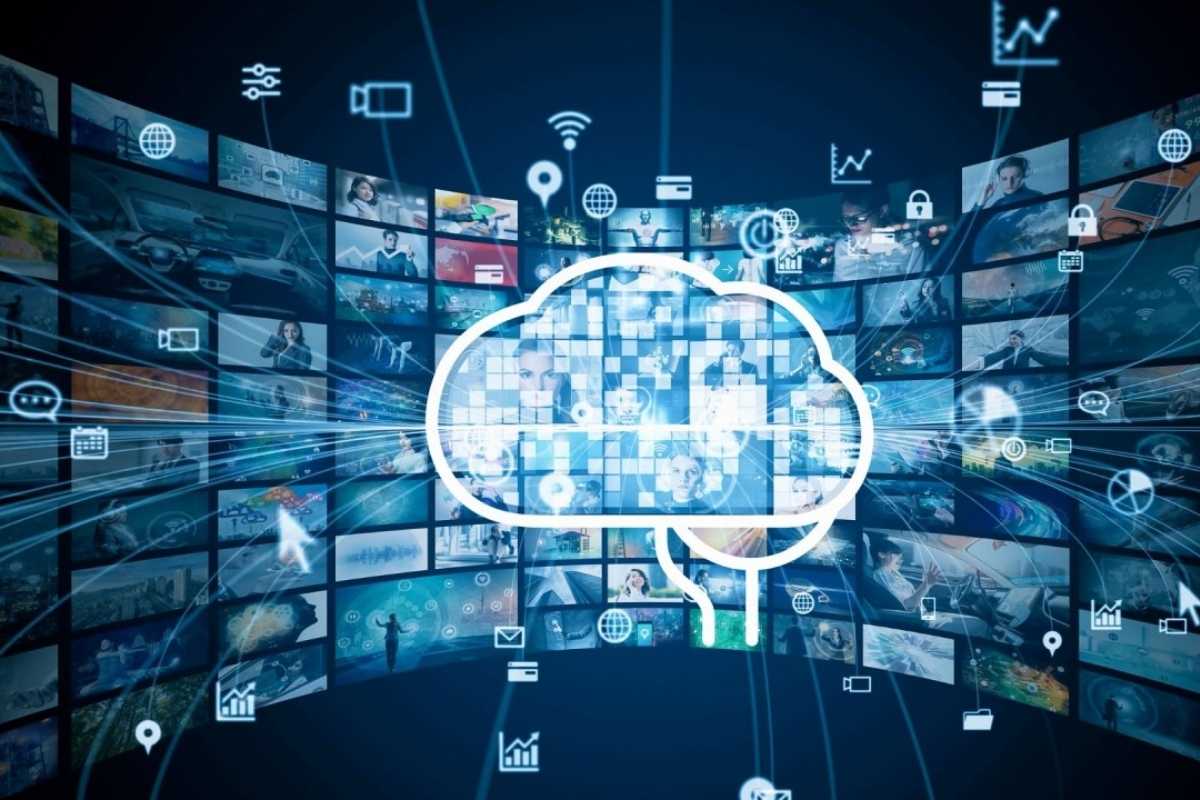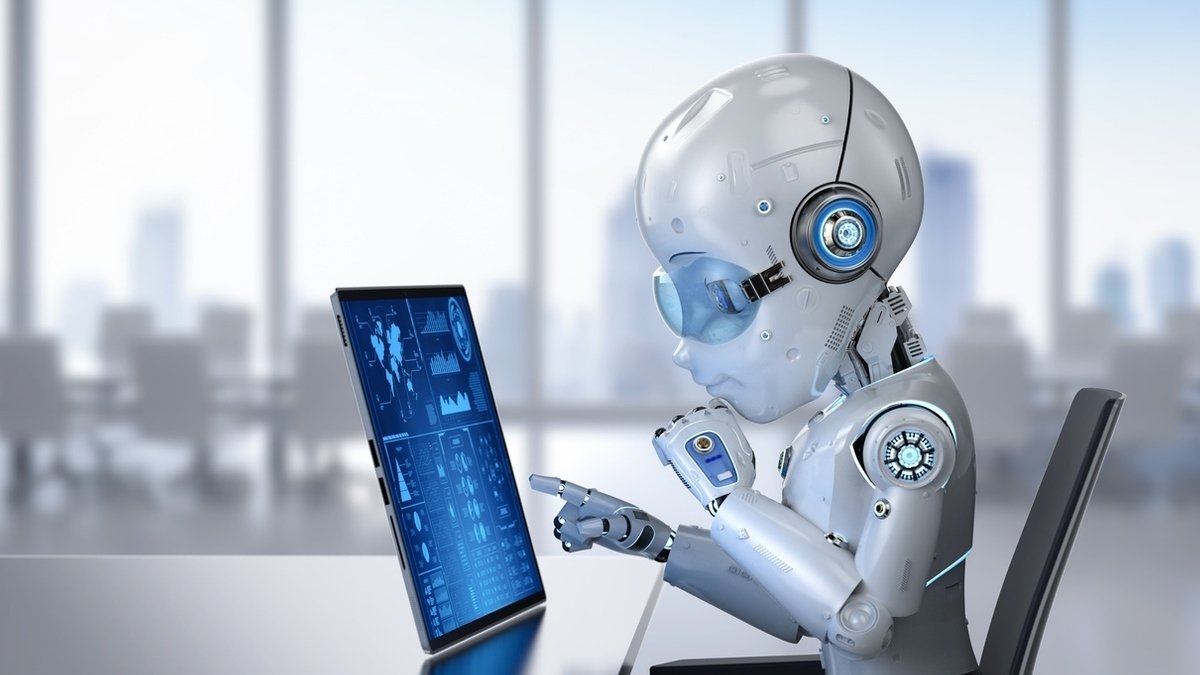The modern workplace has undergone a seismic shift. The traditional 9-to-5 grind is fading, making way for a more fluid and holistic approach to work and personal life. As companies and individuals recognize the importance of mental well-being and productivity, the focus has shifted from hustle culture to work-life integration. But what does this new era mean for professionals, businesses, and society as a whole?
1. The Shift from Work-Life Balance to Work-Life Integration
For years, the concept of work-life balance dominated workplace conversations. The idea was simple: keep work and personal life separate to maintain a sense of harmony. However, with the rise of remote work, digital nomadism, and evolving corporate expectations, balance is no longer enough. Enter work-life integration:
- Flexibility Over Rigidity: Employees no longer adhere to strict work hours but instead work when they are most productive.
- Technology as an Enabler: Digital tools facilitate seamless transitions between work and personal life.
- Blended Responsibilities: Work and personal life coexist rather than compete.
2. How Companies Are Adapting
Forward-thinking businesses are redefining their workplace policies to accommodate this shift. Some of the key changes include:
A. Emphasizing Results Over Hours
- Companies are moving towards outcome-based performance evaluations rather than focusing on hours worked.
- Productivity is measured by deliverables rather than presence in the office.
B. Flexible Work Arrangements
- Remote work and hybrid schedules are becoming the norm.
- Employees have the freedom to structure their day based on personal needs.
C. Investing in Employee Well-Being
- Mental health support, wellness programs, and paid time off are prioritized.
- Companies offer resources for professional and personal development.

3. The Role of Technology in Work-Life Integration
Technology has played a significant role in shaping the new work era:
- Cloud-based Collaboration: Platforms like Slack, Zoom, and Asana allow seamless work from anywhere.
- AI-Powered Efficiency: Automation reduces repetitive tasks, freeing up time for creative and strategic work.
- Smart Scheduling Tools: AI-driven calendars optimize daily schedules for better time management.
However, with increased connectivity comes the risk of burnout. Setting boundaries and using technology mindfully is key to maintaining integration without exhaustion.
4. Challenges of Work-Life Integration
While work-life integration offers many benefits, it also presents challenges:
- Blurred Boundaries: Without clear separation, employees may feel “always on.”
- Work Creep: The temptation to check emails outside of work hours can lead to burnout.
- Equity Concerns: Not all industries or job roles offer the same level of flexibility.
Addressing these challenges requires clear communication, self-discipline, and corporate policies that support sustainable work habits.

5. Tips for Achieving Work-Life Integration
Whether you’re an employee or employer, here are some strategies for a smoother transition:
- Set Clear Priorities: Define work and personal goals to maintain focus.
- Use Technology Wisely: Leverage digital tools for efficiency but set boundaries to prevent overwork.
- Create a Dedicated Workspace: If working remotely, designate an area specifically for work.
- Communicate Openly: Discuss expectations with colleagues and family to maintain a harmonious balance.
- Take Breaks: Regular breaks improve productivity and prevent burnout.
The transition from hustle to harmony is a necessary evolution in today’s fast-paced world. Work-life integration acknowledges that work and personal life are not opposing forces but complementary aspects of a fulfilling existence. By embracing flexibility, leveraging technology, and setting mindful boundaries, individuals and companies can thrive in this new era. The future of work is not about working harder—it’s about working smarter and living better.


